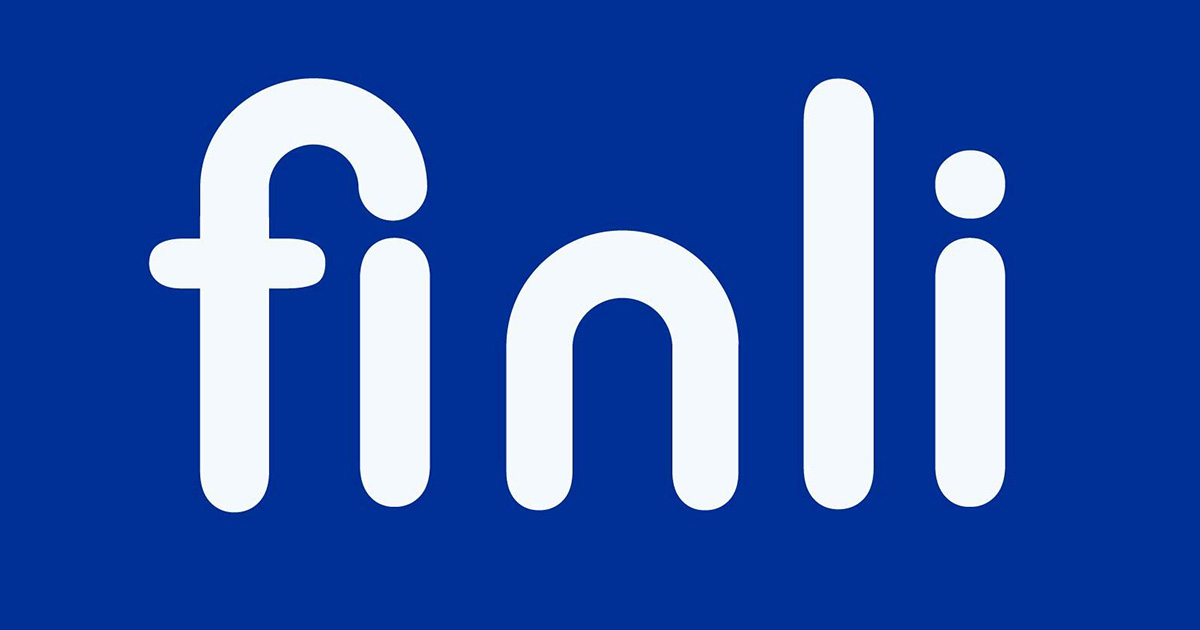Finli Profile

Last Updated: By TRUiC Team
Finli is a fintech startup offering a streamlined payment management solution for small businesses.
Interview With Lori Shao
Describe your product or service:
“Finli is an all-in-one payment management platform. It is purposefully built for the service-based small business, allowing owners to create professional invoices, send invoices, and manage payment and collections through their mobile devices.”
Describe your company values and mission:
“Finli is on a mission to financially lift communities. Finli was founded in 2019 specifically around the needs of community-based solopreneurs and small business owners. Other platforms on the market were either too cumbersome for what small businesses needed or were too costly. Every aspect of Finli, from pricing to product enhancement, has been centered around the direct and changing needs of solopreneurs and small business owners. We have even created an Inflation Calculator to help SMBs set pricing in the current economic climate from her knowledge that community-based small businesses lacked the resources to develop pricing for inflation.”
How are you funded? I.e. type of funding, number of funding rounds, total funding amount.
“We raised a pre-seed funding round totaling $3.5 million and a seed funding round of $6 million, bringing total funding to $9.5 million.”
How big is your team? Tell us a little about them!
“15 current employees and rapidly growing. We are currently expanding our team.”
How did you come up with and validate your startup idea? Tell us the story!
“I grew up as an immigrant in the US, and this experience led me to see how small businesses were the true backbone of various communities. They were the people maintaining the houses of the neighborhood and watching or teaching the children. They were the main bloodline allowing my community to not only survive but also thrive. I always felt as though I had an obligation to uphold these small but important institutions that can be found in any community across the country.
The second reason I chose this segment of the market was that it became more and more apparent in my almost twenty years of financial technology work within this space that they were disproportionately an underserved segment of the market. There weren't many tech solutions geared specifically towards them, and what did exist had accessibility hurdles such as ease of use, relevant features, and pricing. The decision to focus on this market segment was one of the most straightforward ones I’ve had to make in my career, and although I was dissuaded multiple times from focusing on it, they remain our focus.
A lot of my drive and motivation comes from the fact that I have not only identified an untapped market, that segment is also one that I passionately want to uplift and see succeed. When I speak to clients like one from a Chinese language school or one of our baseball coaches, and I hear directly from them that they save countless hours using Finli, I know we are on the right track. I know from those conversations that they are able to spend more time making money and not managing it, and they can reinvest that time into their businesses or with their families.”
Who is your target market? How did you establish the right market for your startup?
“Our target market is the 30+ million small businesses who are looking to simplify their payment operations. We know that we are serving the right market, given each and every one of our team and vendor’s passion for small businesses. Small businesses comprise nearly 99% of all businesses in the US, and the technology built specifically for them is not reflective of that majority. The past few years have proven to all of us that we need to be adaptable and efficient, and this is especially true for SMBs. While developing Finli, we saw firsthand that many of these small businesses were working almost exclusively with cash. Not only did this consume more time than necessary, but it also wasn’t always the preferred method of payment for their clients.
Giving them the platform to digitize this aspect of their business allows them to save time, have more accurate reporting, and also add a level of modernity to their business practices without jeopardizing their already slim profit margins. Our method of identifying a gap in the market, addressing their pain points, and providing our target audience with a product that works for them in terms of functionality and pricing is how we were able to grow to where we are today.”
What's your primary marketing strategy?
“Right now, we are focusing on traditional digital marketing but also partnerships. Obtaining SMB customers is a delicate process because they are poached at every turn, and most of what they come across are scams. Partnering with trusted figures in this space helps give us an entry point. My parents were SMB owners, and I remember how many people came to our door or rang our phones to pitch them.”
How did you acquire your first 100 customers?
“Not long after our launch, the pandemic hit. Knowing that nearly all of our potential and existing customers were at an economic standstill, we created a grant program for SMBs and Black Owned Businesses. We did this for no other reason than to sound the alarm that SMBs needed to be aided in this unprecedented time, and through that, we were able to start gaining momentum as a brand. From that point, when businesses started opening again, we did manual outreach.”
What are the key customer metrics / unit economics / KPIs you pay attention to to monitor the health of your business?
“We use the number of transactions as the main indicator of our business being healthy. If people sign up for our platform but do not use it, the number of users isn’t as strong of a number. I also know that the number of transactions translates into hours saved by our users, and from what we have seen, it creates a positive feedback loop.”
Is there a tool, app, or resource that you swear by to help run your startup?
“I am a huge advocate for women and minority-owned tech companies. It is one thing to fund or promote them, it’s another to actually use their platforms. I also have a fondness for any app on a similar mission to help SMBs. A few of my favorites right now are ComplYant, Wealth Stack, Lendza, Just Fearless, and Bootstrap Legal.”
What is something that surprised you about entrepreneurship?
“There is a rumor going around that you can have it all and be everything to everyone and be everywhere you want to be. It almost creates a pressure, and what was surprising to me was having to dismantle this myth. There are a lot of sacrifices that you need to make as an entrepreneur. It’s not just losing sleep and missing a few events. It’s missing family milestones, being unavailable to friends and family on occasion, it's having to make imperative business decisions, among many other things.
I have learned how communication is the main antidote to the fact that my priorities are going to have to be atypical for a woman, daughter, immigrant, CEO and founder, parent, wife, and every other role I find myself in. Everyone around me is extremely understanding and appreciative, but we have established this understanding through communication.”
When did you know it was time to quit your day job to focus on your startup?
“The simplest way to answer this question is to use the cliche that I felt like I had more potential. I don’t believe that many people enter a position and indefinitely feel as though this is the position that they want for the rest of their careers. The more holistic answer is that I saw a gap in the market that wasn’t being addressed, and I wasn’t able to address or innovate the way I wanted to within those institutions. They were not geared toward my vision.
Personally, I approach career changes with a leap but a leap of planning and not a leap of faith. I am a mother and a caretaker to my parents, so I knew that I needed to have a plan or an idea at minimum. Once I had fleshed out my plan, I knew it was time to create Finli.”
Tell Us Your Startup Story
Are you a startup founder and want to share your entrepreneurial journey with our readers? Click below to contact us today!





